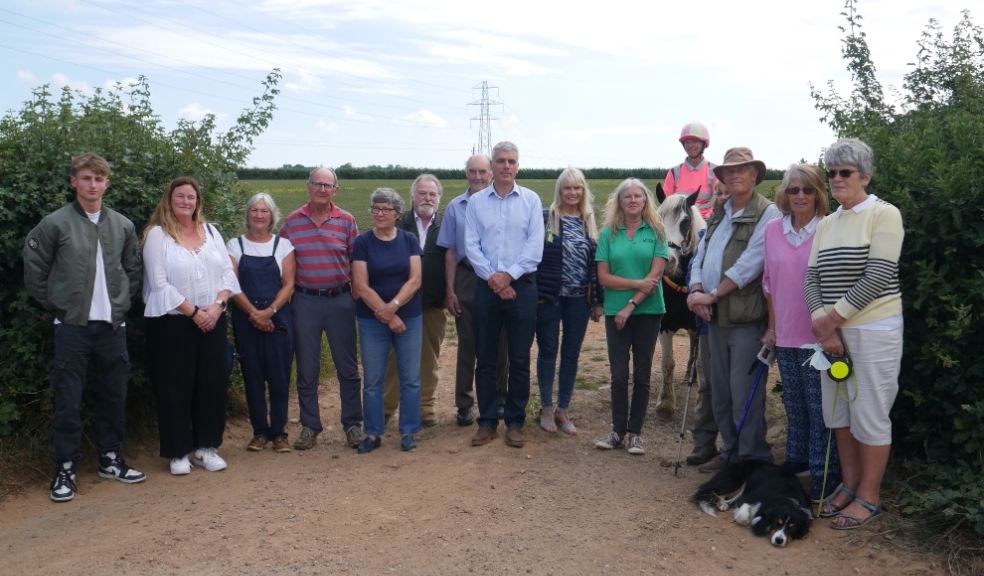
Unleash potential of rooftop solar to tackle energy crisis, Devon CPRE urges Chancellor
Changes to planning policy could turbocharge the rollout of solar energy and help reduce reliance on gas at little or no cost to the public purse, analysis by CPRE, the national countryside charity has shown. It’s urging the government to target rooftops, car parks and brownfield sites for a rapid expansion of renewables.
The Devon branch of the charity, Devon CPRE, has been fighting industrial-sized solar farms in the countryside for years, along with locals who oppose these developments on Devon’s farmland. Demands for food security and nature recovery are needlessly clashing with net zero goals. One of the most recent proposals for a large solar farm at Marsh Green, near Exeter, is due to go before East Devon District Council’s planning committee at the end of this month.
Devon CPRE trustee Steve Crowther says, “Devon CPRE is passionate about ensuring that valuable farmland which we increasingly need for our food security – including the top quality livestock-farming land that's so abundant in Devon – is not lost to industrial-scale solar farms and massive battery storage sites.
"Each of the large solar sites which we have been fighting takes the equivalent of a whole average-sized Devon farm out of effective food production. As this CPRE report shows, roofs, canopies and brownfield sites are the solution; and there are more than enough of them nationally to provide all the solar power that our grid can cope with."
The charity is calling on the government to adopt a renewables strategy that prioritises rooftops, surface car parks and brownfield sites in a concerted effort to attract wide public support. If implemented quickly, the policy could drastically reduce energy bills during the cost-of-living crisis and speed up the transition to net zero, while leaving as much countryside as possible available for farming and nature restoration.
Analysis by CPRE, using highly conservative estimates, shows that if only a quarter of the UK’s total 250,000ha. of south-facing commercial roof space was useable it could provide 25GW of solar capacity. With good planning and design, 20,000ha. of car parking space could potentially yield an additional 8GW of solar capacity alongside tens of thousands of new homes. The UK already has 14.5GW of solar capacity operational.
In contrast to the UK’s approach, France has announced plans to fast-track renewable energy by mandating car parks nationwide be covered by solar panels – a popular policy that could generate up to 11GW of power, equivalent to 10 nuclear reactors. Meanwhile, Germany has focussed on rooftops first, with 80% of its solar power coming from panels that generate little public opposition.
It is evident that a combination of rooftops, surface car parks, brownfield sites and small-scale community energy schemes could make a huge contribution to our onshore renewable energy requirements, especially when coupled with better measures to reduce total energy demand currently missing from the government’s approach.











